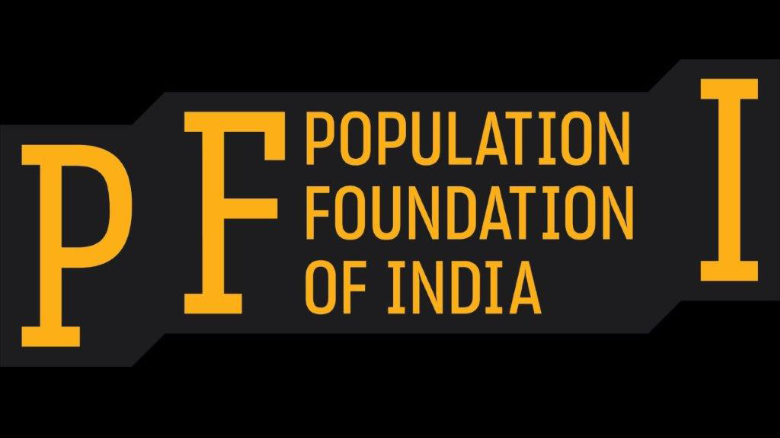
Population Foundation of India welcomes the changes in the vaccine policy announced by the Prime Minister in his address to the nation yesterday, on June 7th, 2021. The PM announced the provision of vaccines free of cost for people over the age of 18, June 21st onwards. This revised policy is in line with public health recommendations and policies in other countries as well as India’s Universal Immunization Programme. It will be instrumental in stopping competition between states and the centre for vaccine procurement and will allow the states to focus on vaccine disbursement to ensure maximum coverage as quickly as possible. Moreover, as global tenders for vaccines issued by the states have failed to elicit any responses the revised policy will ensure that the responsibility for the procurement of vaccines falls to the central government which will be better positioned to negotiate with vaccine manufacturers both in India and globally for bulk supply.
India, like the UK, needs to reach 60% vaccine coverage to achieve herd immunity. Given that India continues to register the largest number of cases and deaths from COVID-19, every effort should be made to prioritise vaccination. It is expected that the Prime Minister’s announcement will go a long way to accelerating procurement. At the same time challenges with respect to registration on Co-WIN must be addressed so that increased procurement is accompanied by a similar increase in deployment of vaccines. Registration for vaccination via the Co-WIN portal continues to be a challenge – especially for women and the elderly in rural India who have limited access to technology. By organising district and block-level vaccination drives and empowering frontline workers to register candidates for vaccination we can ensure that vaccines are rolled out quickly and equitably across the country.
The Prime Minister highlighted the prevalent myths and misconceptions leading to vaccine hesitancy among a vast majority of people. With current coverage at under 4%, the renewed focus on mass vaccination must also be accompanied by a strong behaviour change communications strategy that addresses vaccine hesitancy and aversion across the country. Without a strong and sustained campaign that is both locally sensitive and embedded in the cultural context, we are unlikely to see the required uptake of vaccines. Moreover, the emphasis on Covid Appropriate Behaviours (CAB) must be continued, especially considering lockdown restrictions being eased in states around the country. These campaigns must focus on COVID-19 rules including wearing facemasks, maintaining social distance, and personal hygiene. ASHAs frontline workers and local community leaders can also play an essential role in reducing vaccine hesitancy by responding to communities’ fears.
Local support to vaccine deployment will be instrumental in addressing fears and hesitancy. However, we must be careful not to disincentivize vaccinations, as has been reported in many parts of the country, as it may lead to increased fears and have a negative impact. Incentives for vaccination where deployed should be sensitive and thoughtful and benefit communities rather than individuals. Possible incentives could include reopening of local schools in regions where people are fully vaccinated and provision of cooked meals at Anganwadi centers for instance.
Speedy vaccinations along with continued covid appropriate behaviours, free and subsidized testing, and treatment are the only way for India to fight the COVID-19 pandemic. While there are challenges that lie ahead, the changes in the vaccination policy are a welcome step in the right direction.
For more information, please contact: Priyasha Banerjie priyasha.banerjie@populationfoundation.in
